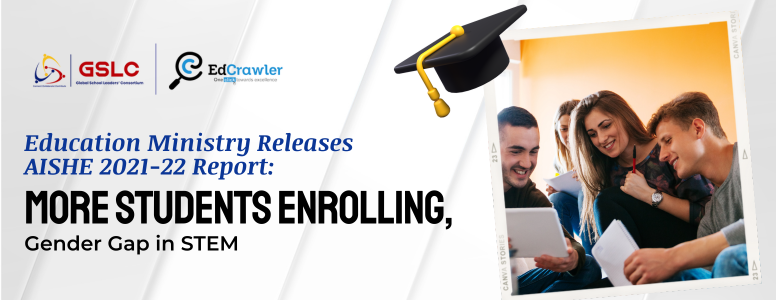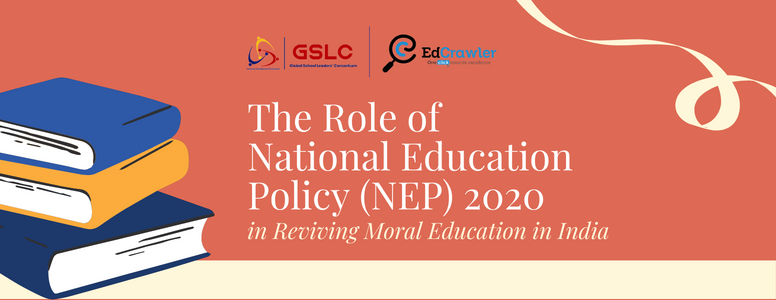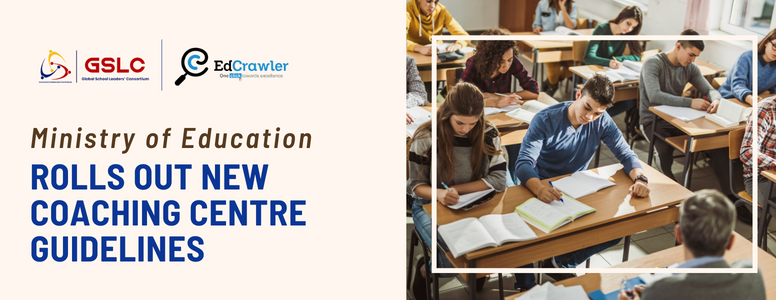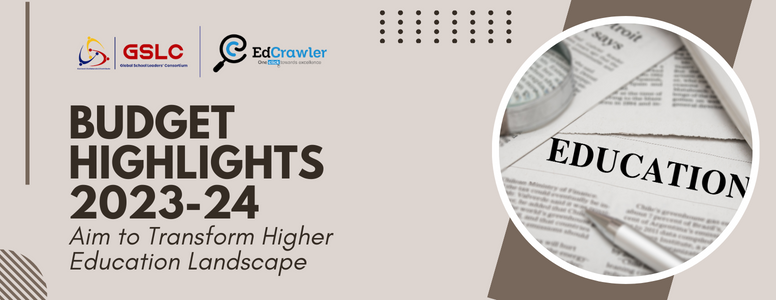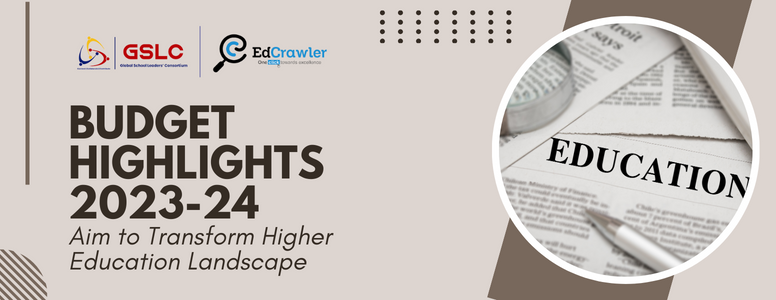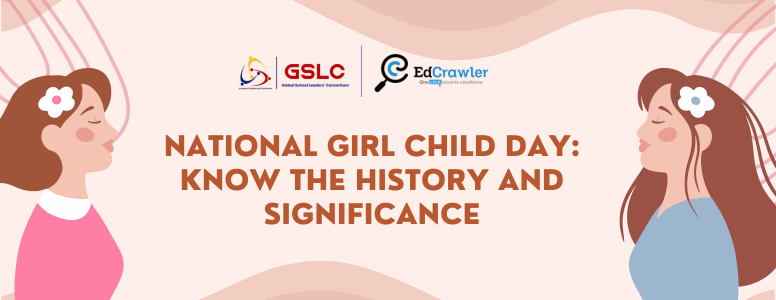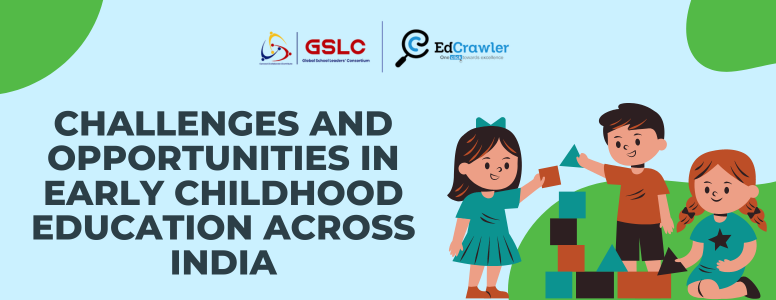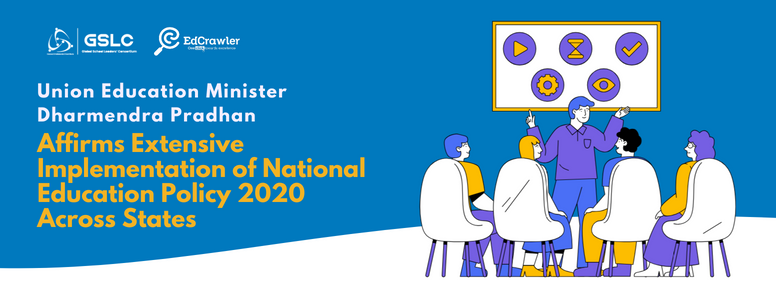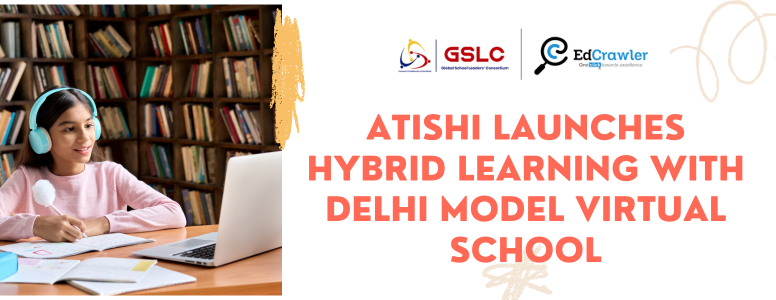Improving the Teaching-Learning Process to Build Foundational Skills
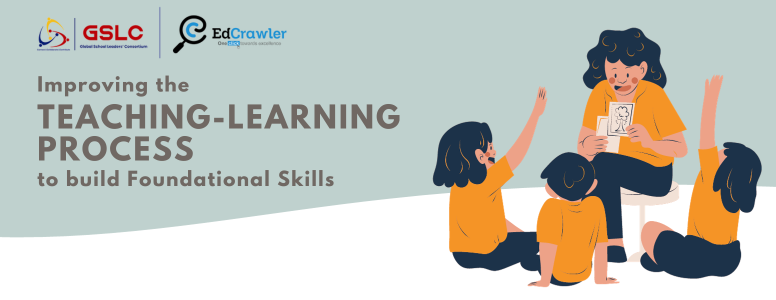
The National Education Policy (NEP) 2020 emphasizes the importance of Foundational Literacy and Numeracy (FLN), before they move on to more advanced learning. A recent report, the State FLN Report 2022, found that many students in primary and middle schools in India struggle with these fundamental skills. In fact, over half of the children in the country cannot read fluently with understanding or solve basic math problems by the end of primary school.
To address this issue, the NEP 2020 proposed a national mission to ensure that all children acquire these foundational skills by the end of third grade. In response, the National Initiative for Proficiency in Reading with Understanding and Numeracy (NIPUN Bharat) program was launched in 2021. Shaheen Mistri, the founder and CEO of Teach for India, believes that one of the major successes of NIPUN Bharat is recognizing the need to rethink how we approach foundational literacy and numeracy in India, including the curriculum and teacher training.
A survey called the Foundational Learning Survey, conducted by the National Council of Educational Research and Training (NCERT) in 2022, found that 37% of third-grade students have limited foundational numeracy skills, and 11% have very basic knowledge.
Regarding the Ministry of Education's decision to limit NIPUN Bharat to children in classes I and II, leaving out class III, Mistri believes that learning gaps occur when students progress to the next grade without mastering essential skills. Therefore, she suggests that a strong foundational literacy and numeracy program should start as early as the first grade to be more effective.
The problem of ineffective teaching practices contributes to poor learning outcomes in classrooms. Many teachers struggle to manage multigrade classrooms and deal with issues like absenteeism and non-teaching responsibilities. Shaveta Sharma-Kukreja, CEO & MD of the Central Square Foundation (CSF), points out that monitoring visits by officials tend to focus on tangible infrastructure like classrooms rather than the quality of teaching and learning.
Despite the challenges, NIPUN Bharat has made progress in designing effective programs at the state level. The next step is to deepen these reforms.
Various government-led initiatives are underway to achieve universal foundational learning by 2026-27. States like Uttar Pradesh, Goa, and Tamil Nadu have launched specific programs to address learning gaps and improve student performance.
The government has also introduced a comic book titled "Let's Move Forward," developed by NCERT and UNESCO, to encourage students to learn through storytelling. This book, available in 11 languages, promotes holistic well-being and supports foundational literacy and numeracy.
To make India's education system more progressive and world-class in achieving foundational literacy and numeracy goals, Seema Kumar from the Smile Foundation emphasizes the importance of a learner-centered approach in regional languages, as the NEP 2020 suggests that children learn more effectively in their mother tongue.
EdTech can also play a critical role in improving learning outcomes and achieving universal foundational literacy and numeracy skills, as the COVID-19 pandemic has highlighted the increasing use of devices for education in rural India. According to an Annual Status of Education Report survey, household device consumption in rural India has increased by 31.1% over the last four years.

